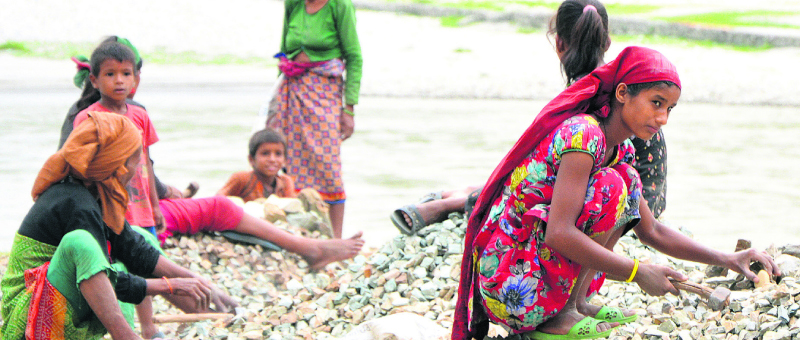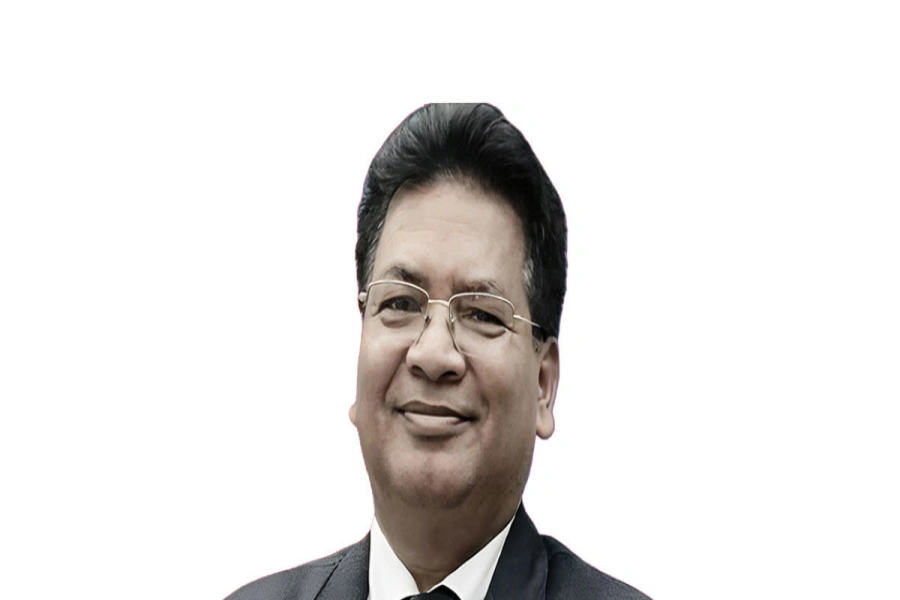A feminist foreign policy (FFP) offers a new opportunity towards advancing a gender equal society and the empowerment of women in external action. While many of its goals are similar to earlier commitments on women, peace, security in development and humanitarian support, it provides a new political framework for the diverse gender related strategies implemented by governments. The UN claims that in its most ambitious expression, this movement aspires to transform the practice of foreign policy to the greater benefit of women and girls everywhere, impacting a country’s diplomacy, defense and security cooperation, aid, trade, climate security, and even immigration policies.
In 2014, Sweden was the first country to adopt the world’s first feminist foreign policy. The concept was first coined and incorporated into the governmental policy by Margot Wallstrom, former Swedish Foreign Affairs Minister. The Feminist Principles were to be applied in the policy areas of diplomacy, trade, development aid and security. Since then, several countries and political parties have followed suit or have announced their intention of developing a feminist foreign policy.
By October 2022, this list includes Sweden (2014), Canada (2017), France (2019), Mexico (2020), Spain (2021), Luxembourg (2021), Germany (2022), Chile (2022), Colombia (2022) and Liberia (2022). In the UK, three different political parties have pledged that they will pursue this if in power. In the United States, a resolution expressing support for this idea has been brought to the House of Representatives. In 2021, the first female foreign minister of Libya announced her intention of pursuing a feminist foreign policy at the Generation Equality Forum in 2021, even though concrete action has still to be taken. In January 2022, the Swedish Foreign Minister announced a Feminist Foreign Policy Plus Group that currently includes sixteen countries. Sweden’s formula of the feminist foreign policy was based on three Rs i.e., Rights, Representation, and Resources. Germany has added one more dimension of ‘diversity’ in the three Rs.
Gender, Economic Activity & Equality

What is important to understand about the feminist foreign policy is that it does not exclude other genders. It encapsulates the participation of all genders to bring peace, justice, security, and harmony to the world.
Relevance to Nepal
Nepal has made remarkable progress when it comes to increasing political representation of women. The Constitution addresses women’s rights in Nepal, affirming that every woman is entitled to equal lineage rights without gender-based discrimination. It comprises the right to obtain special opportunities in education, health, employment and social security based on positive discrimination. Furthermore, women are granted the right to participate in all state bodies based on the principle of proportional inclusion and emphasizing the principle of equality. Thus, this new Constitution has opened new avenues for women’s participation in various spheres including foreign affairs which may entail engagement in the international arena, diplomacy, and interactions with foreign delegates. Despite these positive transformations, women’s representation in a few areas is still low. Therefore, for post-conflict countries like Nepal, FFP offers an unprecedented opportunity to implement the commitment to gender equality enshrined in the preamble of the new Constitution Itself.
It is relevant to share my own experience as an Ambassador to Israel. On the occasion of the International Women’s Day, Ministry of Foreign Affairs’ Women Diplomacy Network organized an educational project called“Ambassador for a Day” with the idea that the female ambassadors and female diplomats can empower other girls and women to demonstrate that they could have a professional career and may even become a diplomat one day. In March 2020, the Nepal Embassy had volunteered to host two girl students of the 10th grade, who were from the marginalized community (one Muslim and another Ethiopian). This shows that a female ambassador can not only empower women from her own country but also from other foreign countries and give them hope that they could be a diplomat or a leader or a high-ranking official.
There is another example related to sports. The Nepal Embassy organized an Israeli Mothers’ game named Mamanet (Catch ball) between Nepali and Israeli teams. After that game, many Nepali women caregivers became good in that sport and became its leaders. When they travelled to play abroad, they carried Nepali flags. This shows how women can be empowered in a foreign arena.
In conclusion, feminist foreign policy represents a bold and transformative approach to international relations, challenging conventional notions of power, security, and sovereignty. By prioritizing gender equality and social justice, FFP has the potential to not only advance the rights and well-being of women and girls but also to promote peace, prosperity, sustainable development and human rights for all. As more countries embrace FFP and integrate gender perspectives into their foreign policy agendas, the prospect of a more equitable and more sustainable world becomes increasingly achievable and even more realistic. For Nepal, it holds a great promise to fulfill its commitment to gender equality.







































